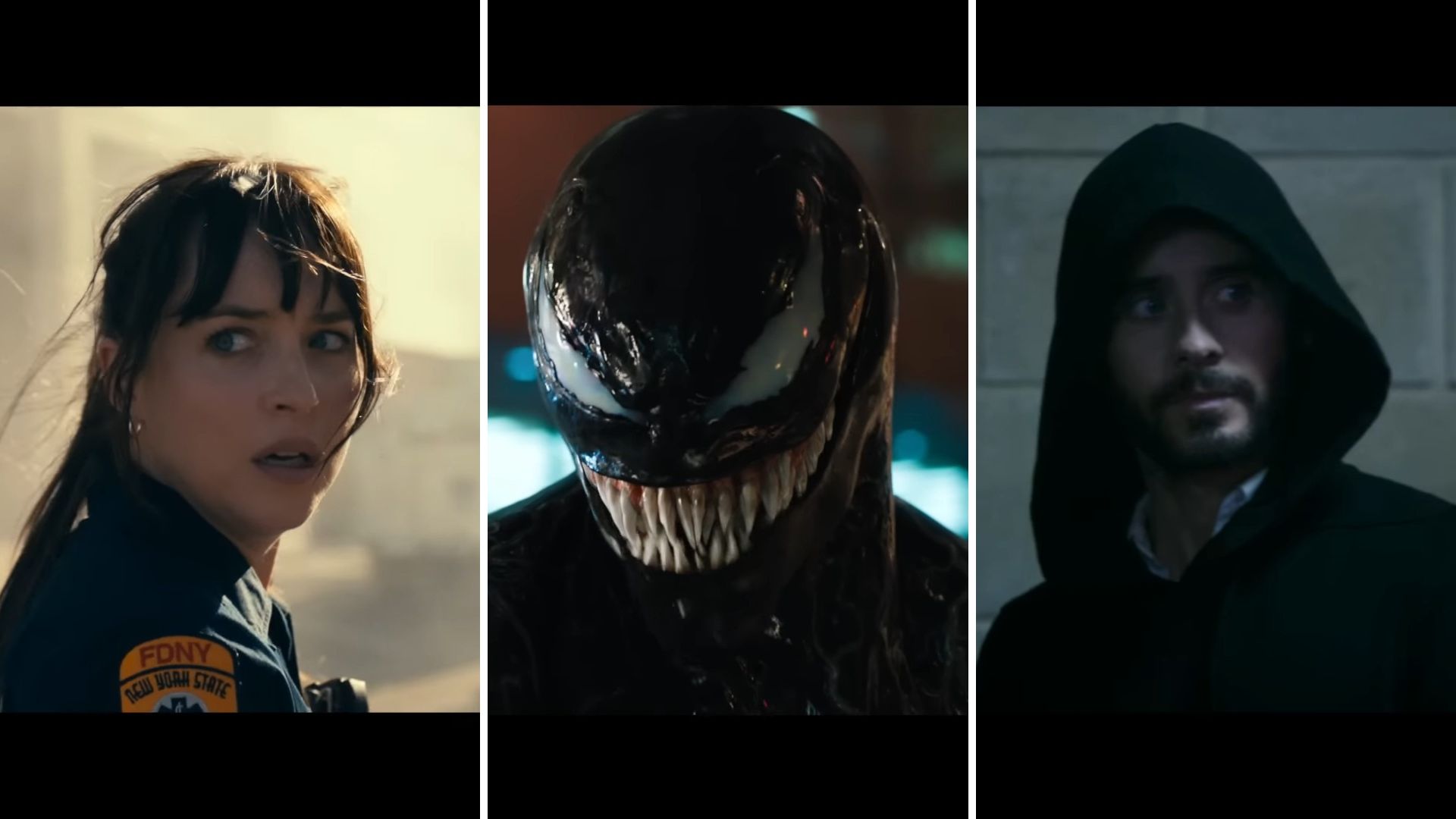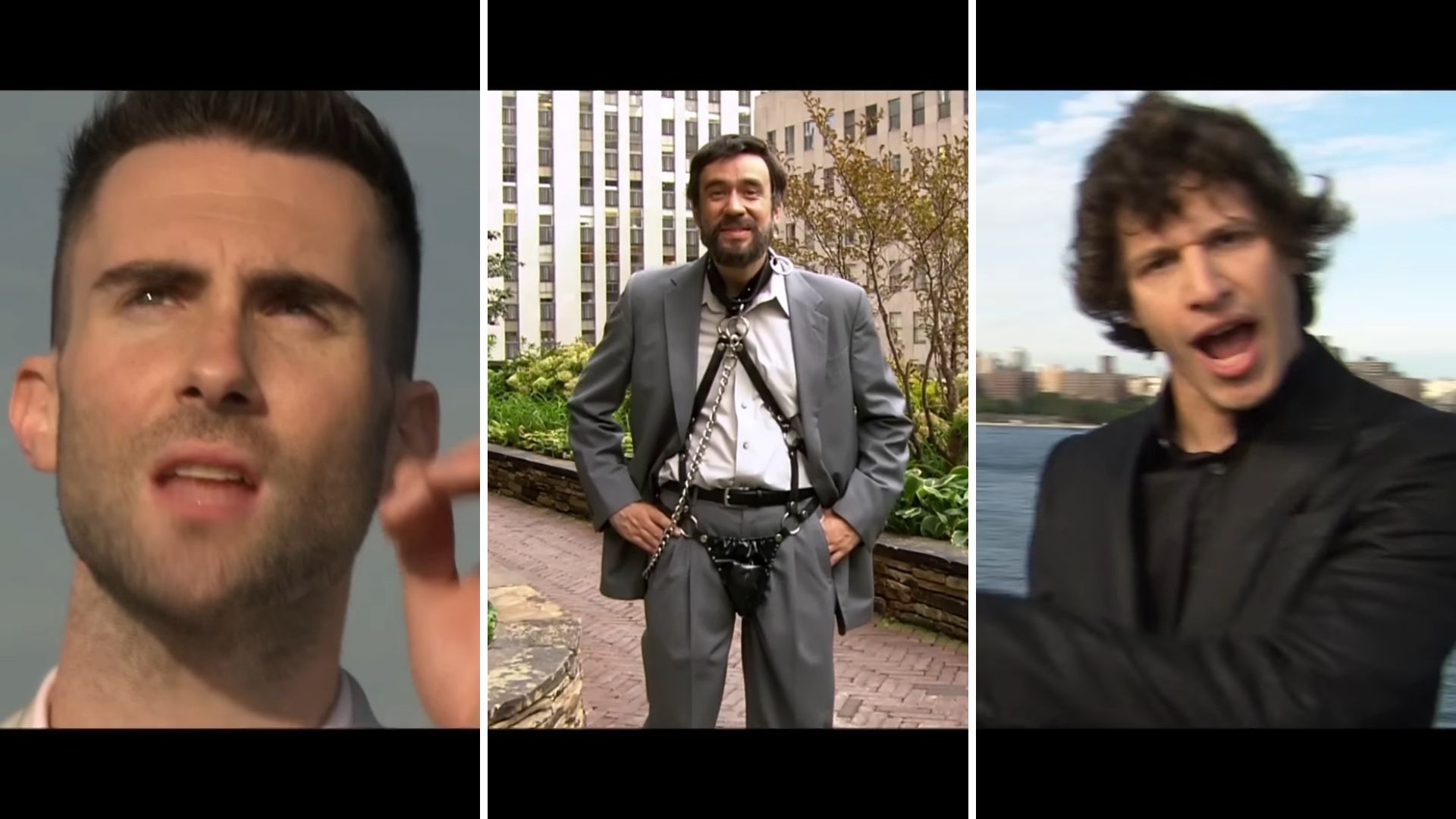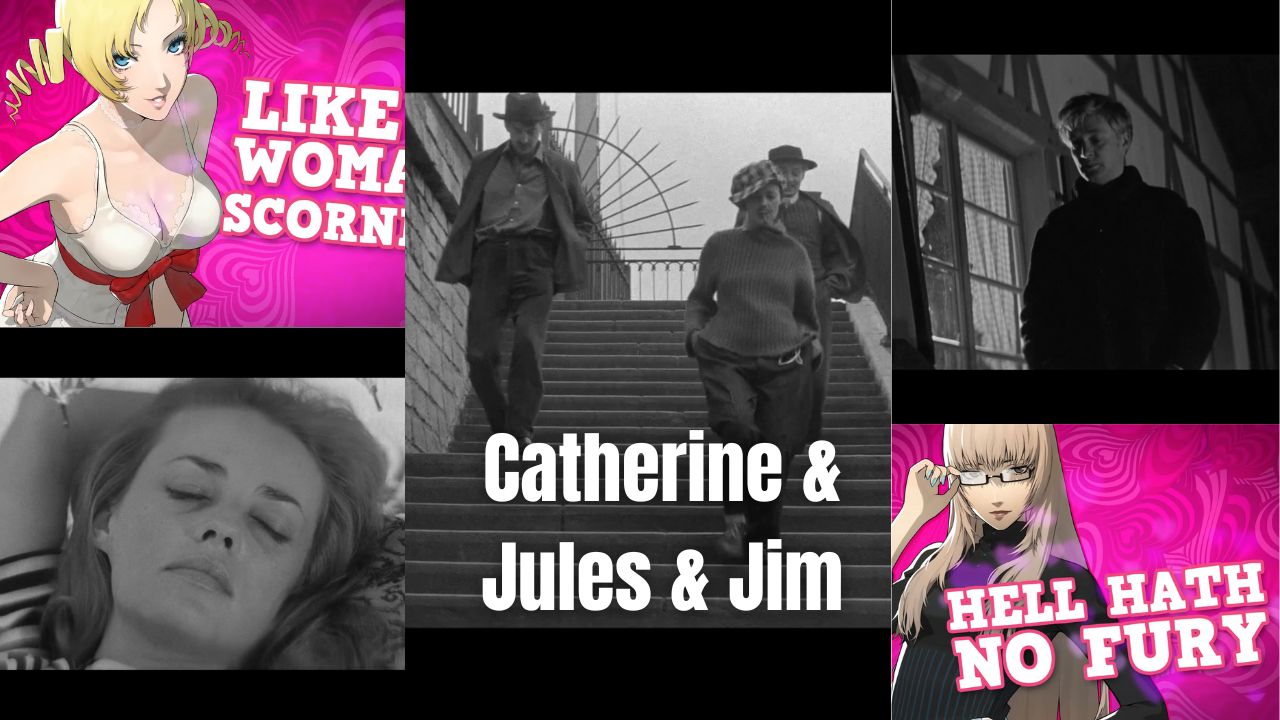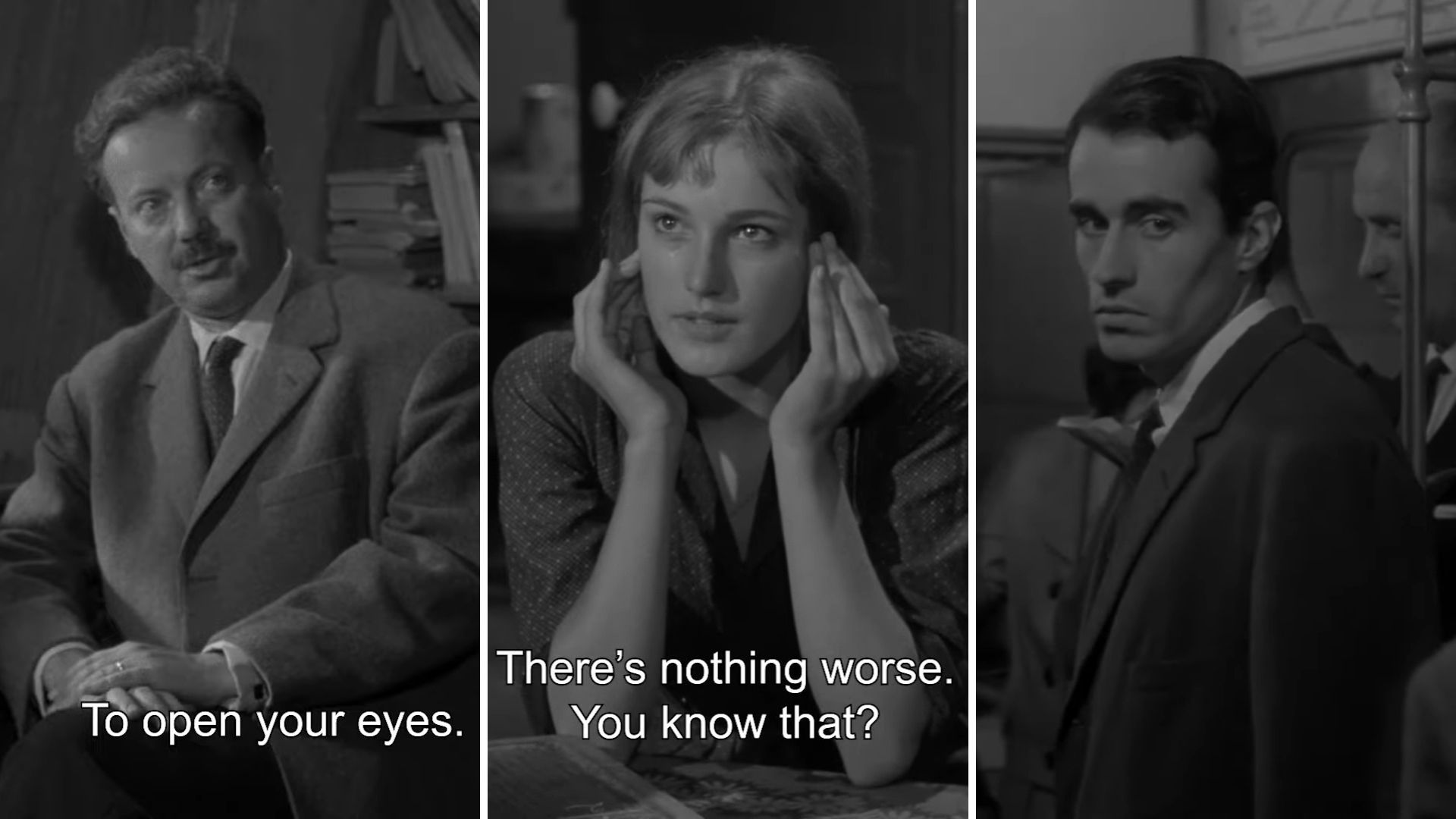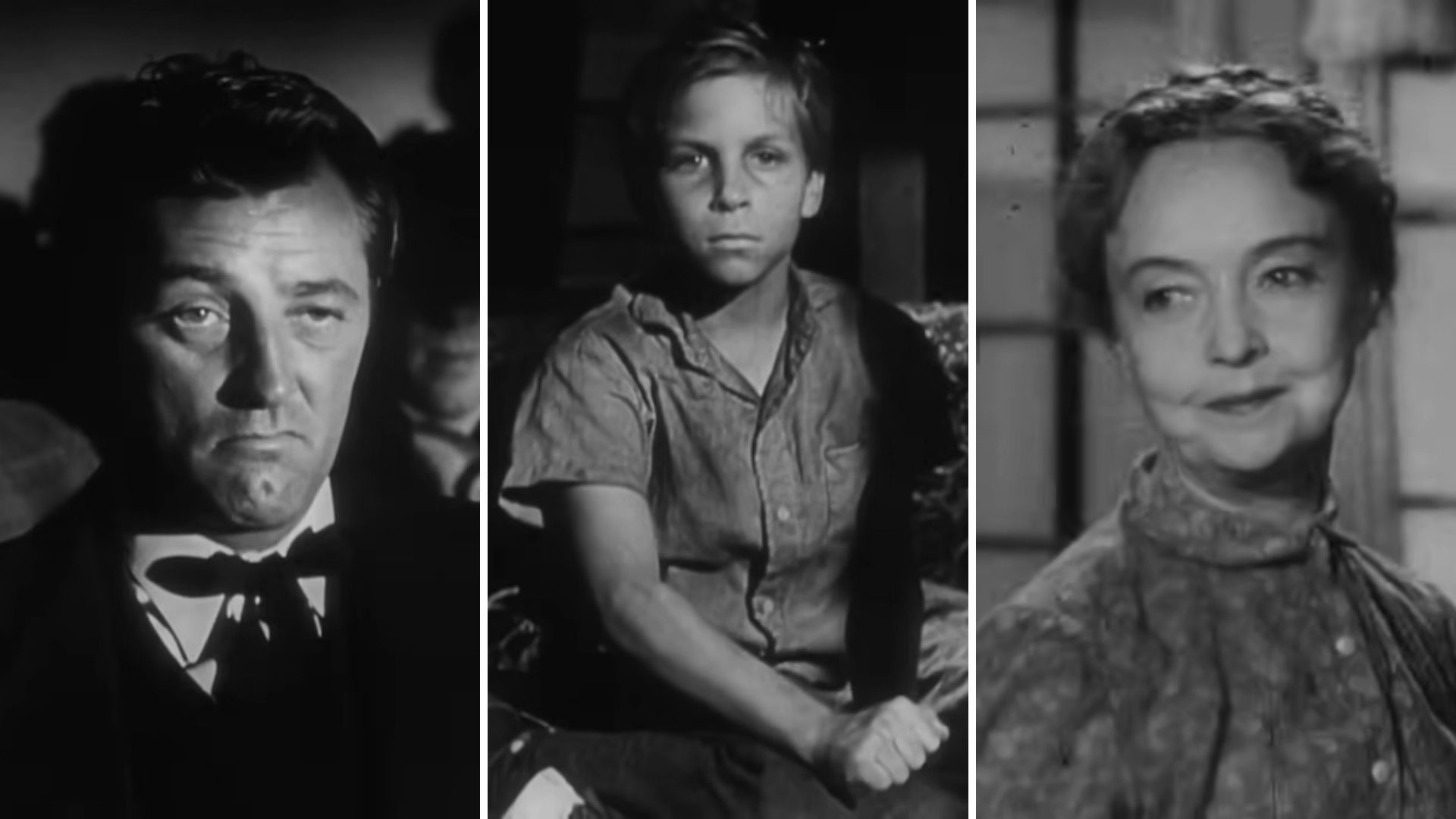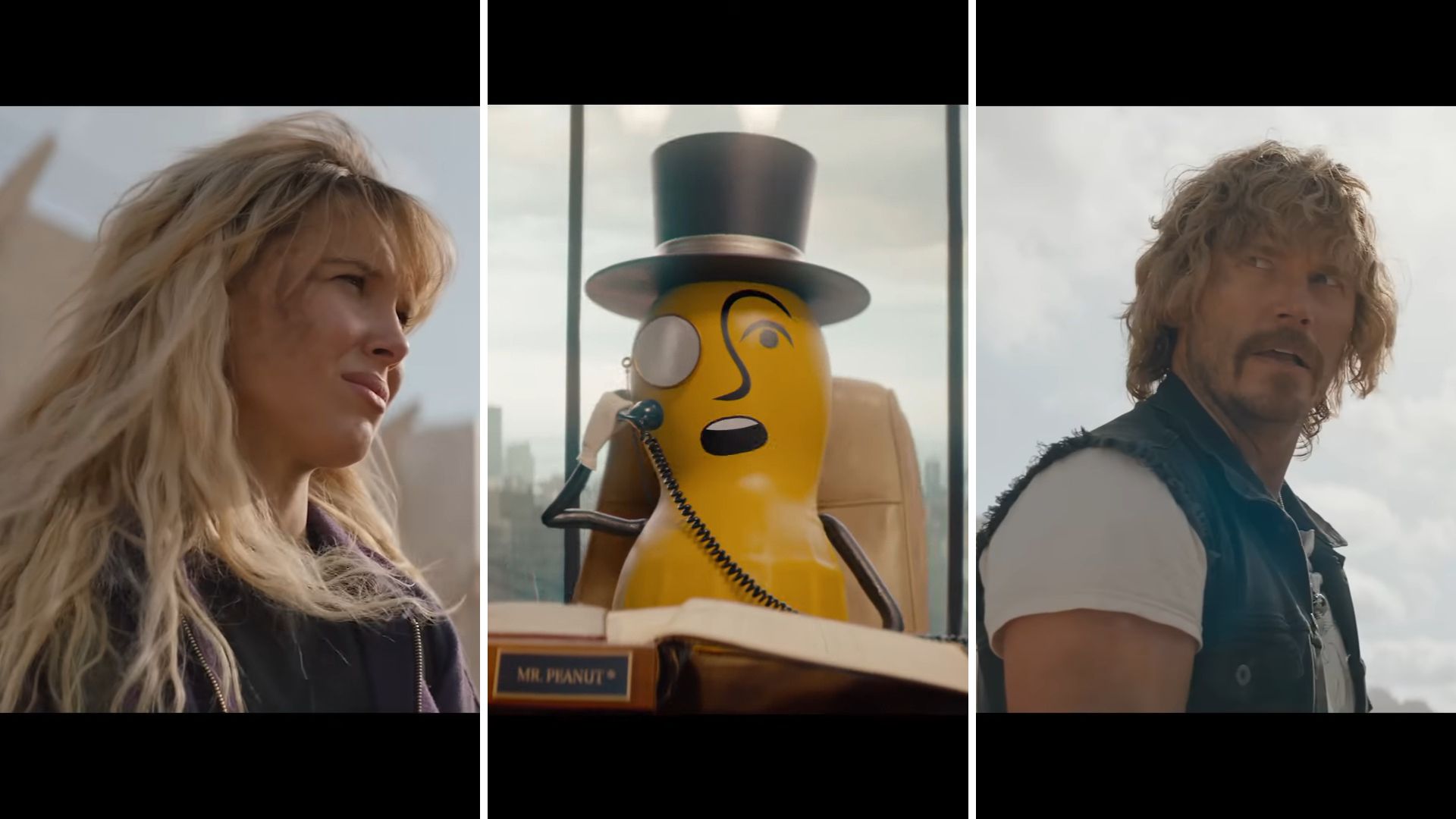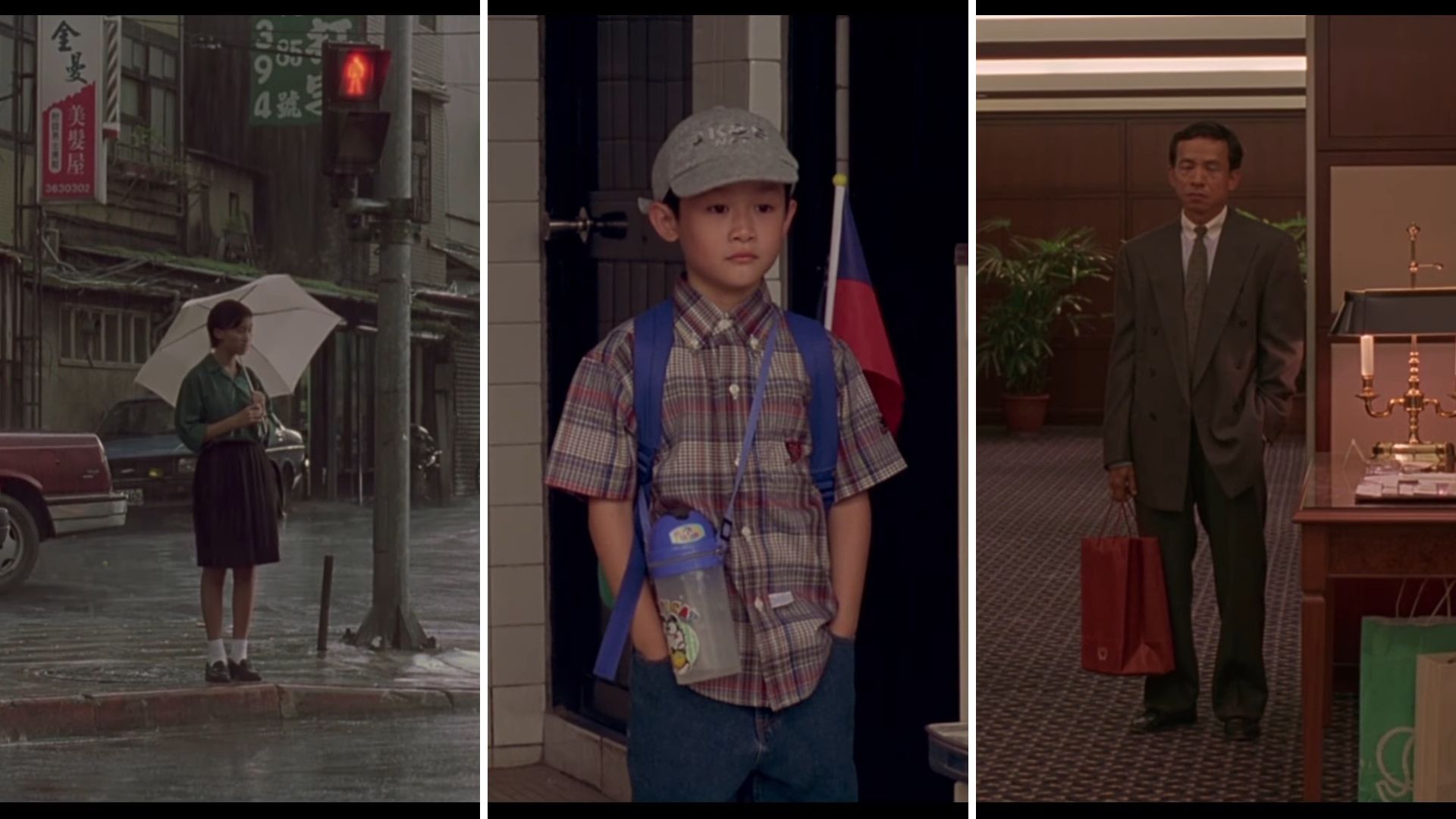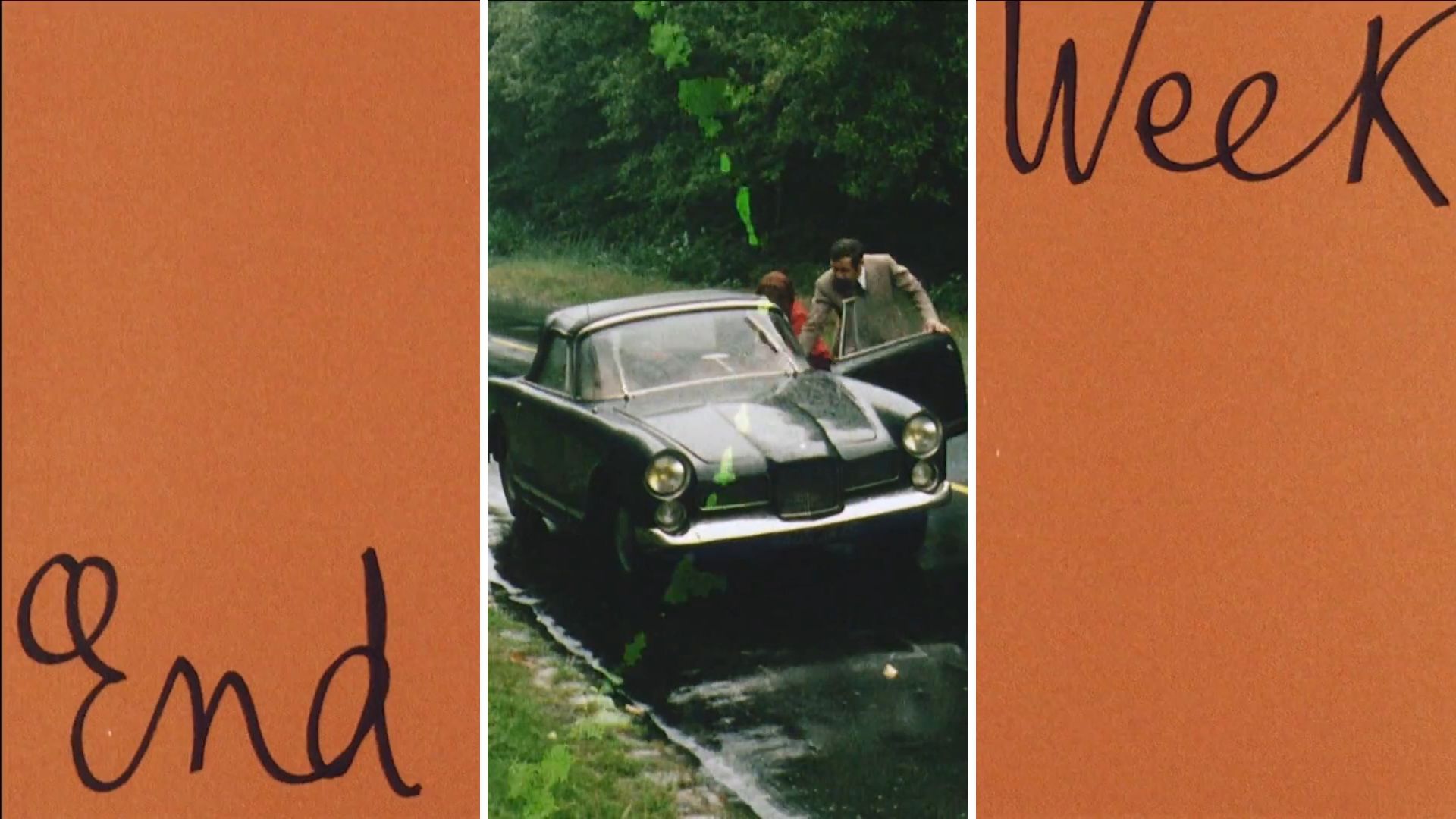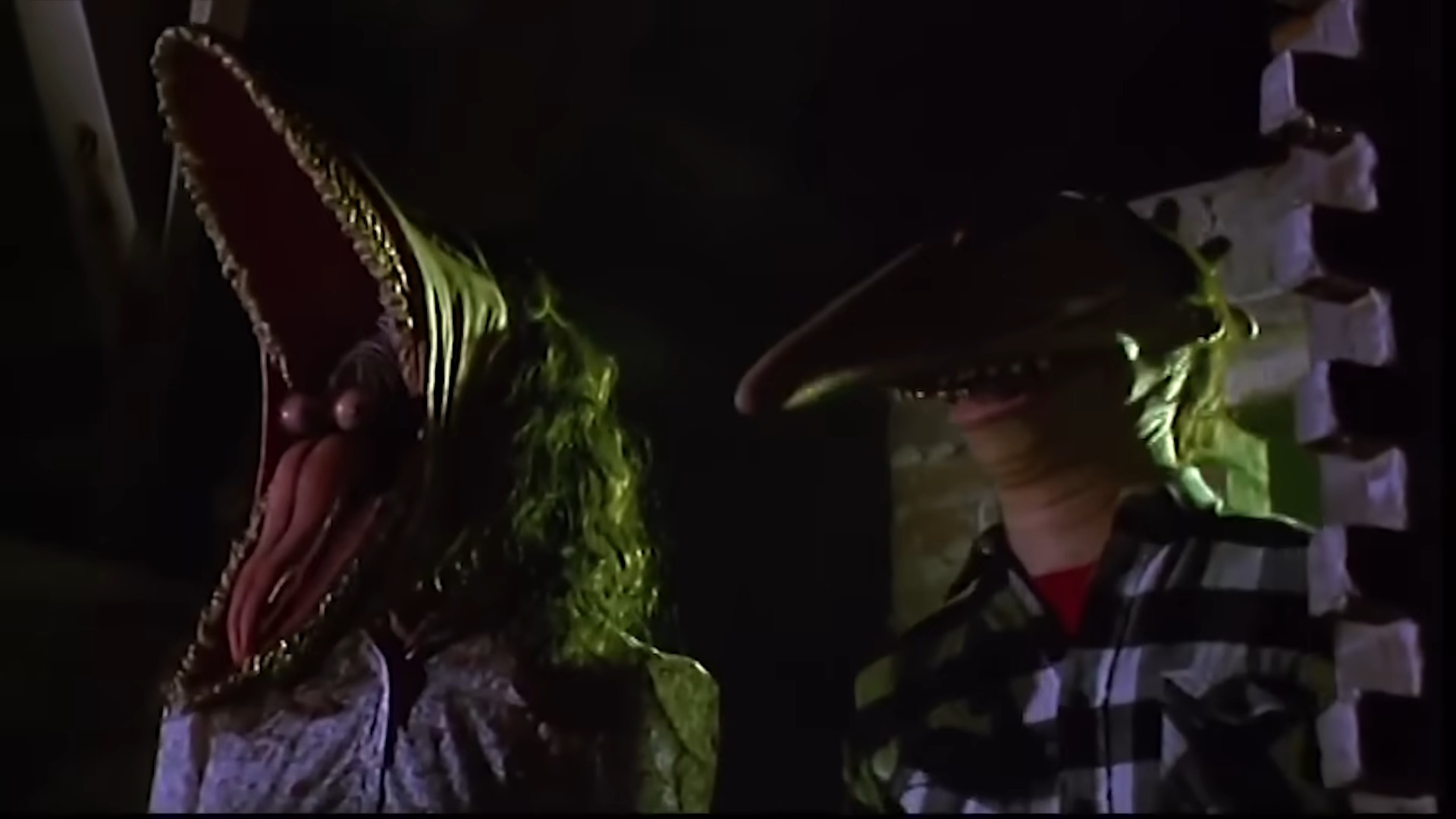
Tim Burton’s cult classic Beetlejuice is getting a sequel 36 years after his original film. Beetlejuice is a strange dark comedy that has surprisingly endured for all these years.
This film was Tim Burton’s second movie and featured bio-exterminators, wicked hauntings, and blunt themes of suicide. But why has Beetlejuice remained such a beloved film all these years later? It’s such a bizarre premise with a dark script that has gone on to become a family favorite, especially during the Halloween season. Tim Burton’s direction, Winona Ryder’s weirdness, and Michael Keaton’s bonkers performance all culminate to elevate this film to something greater than the sum of its parts.
The Original Beetlejuice
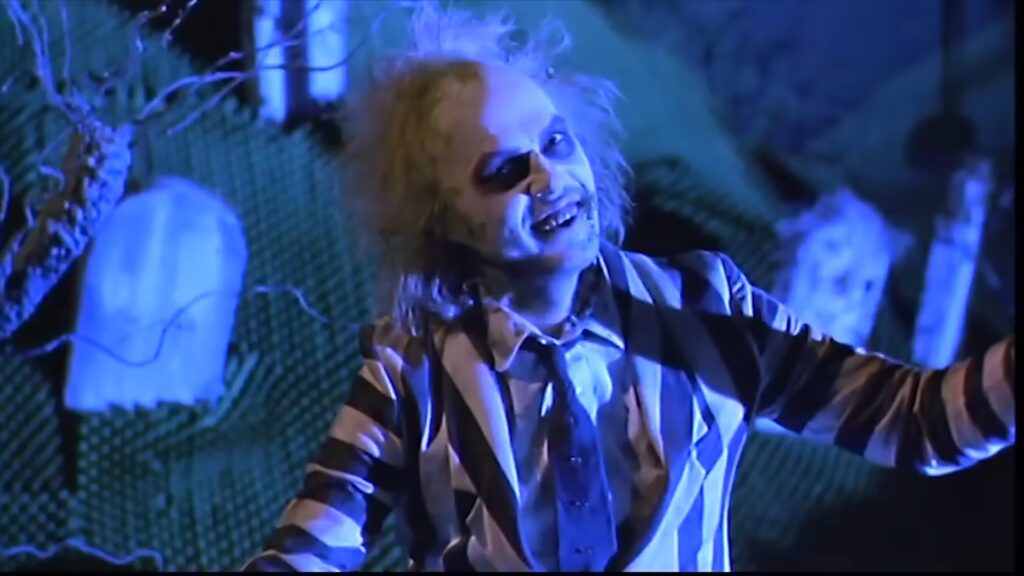
The released version we have of Beetlejuice is dark but nothing compared to the original script pitched for the project. The original Beetlejuice script showed Gena Davis and Alec Baldwin’s death in graphic detail. The pair shouted in agony while slowly drowning in their watery grave. Beetlejuice himself was also more evil than mischievous. In the film he’s rambunctious, maybe a little crude, but the original script set him on a war path. His intention with Lydia, a high school teenager, was purely sexual. And his main goal throughout the script is to kill the Maitlands, not rid them of their pesky houseguests. It’s interesting to think what this script would have looked like but thankfully the tone and narrative shifted during re-writes.
Tim Burton’s first and only feature film at the time was Pee-Wee’s Big Adventure. A bright colorful adventure comedy based on a children’s TV Program. It was weird but also full of fun and charm. Burton was trying to get Batman greenlight but in the interim decided to take on the Beetlejuice film. His direction combined with the more lighthearted script and incredible casting decisions is what turned Beetlejuice from small B-movie to the cult classic Titan it is today.
Handbook For The Recently Deceased
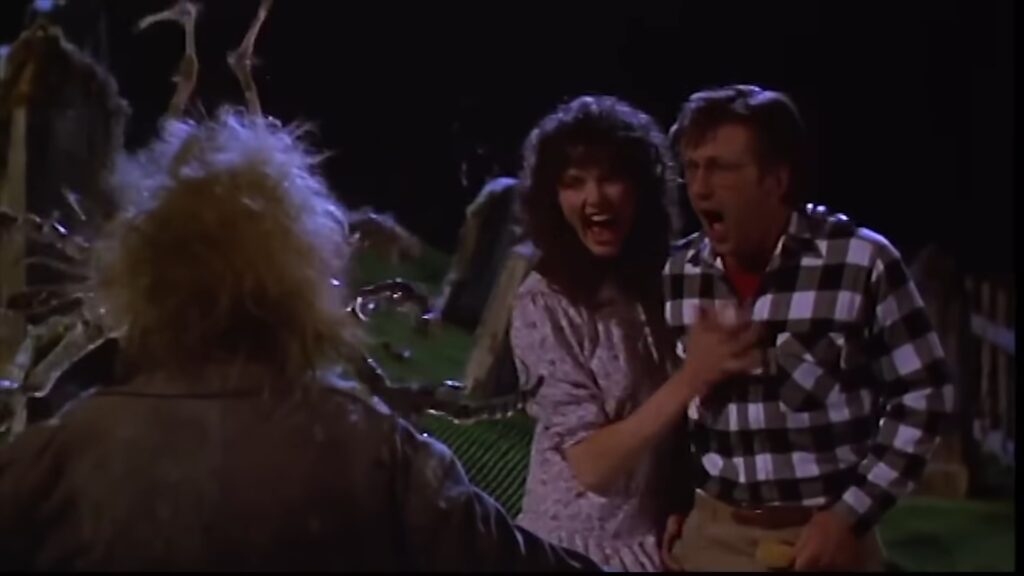
The main plot of Beetlejuice doesn’t focus on the titular character. In fact, he doesn’t show up in earnest for the first fifty minutes of the film. The film focuses on a loving couple, the Maitlands, and their dream farm-style home in rural Connecticut. The two are tragically killed in a car accident one day into their two-week staycation and the rest of the film follows the pair as they struggle to accept their new afterlife. It is not long until a family of New York City dwellers purchase the recently deceased couple’s home and quickly attempt to exorcise all of its charm.
Gena Davis and Alec Baldwin do a great job leading the film but it’s the side characters who really steal the show. Winona Ryder plays Lydia Deetz, the widely dramatic teenage daughter and Catherine O’Hara plays her wicked stepmom. O’Hara and Ryder are both cranking it up to 11 with their performance as is Michael Keaton in the title role. All these characters are so believable and full of personality that it makes Geena Davis and Alec Baldwin’s subdued performances stand out even more.
Themes and Heart in Beetlejuice
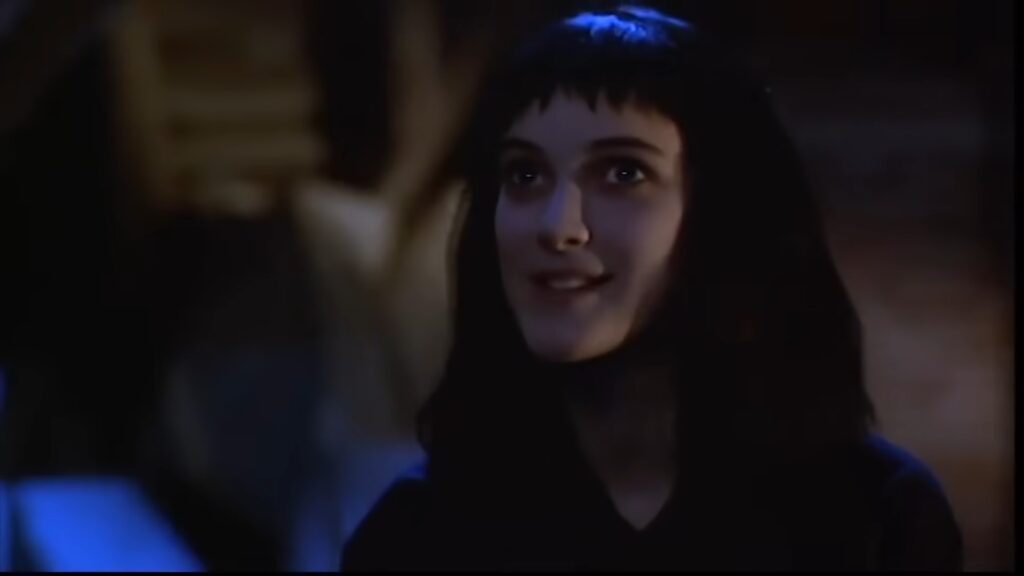
The major conflict point in Beetlejuice is the Maitlands trying to rid their home of these new residents. They attempt to spook and scare the new residents but they are admittedly not very good at being ghosts. They grow fond of the weird Lydia Deetz, a young woman with a flair for the dramatic and neglectful parents. The ultimate theme comes from them accepting their afterlife and learning to live with the people around them. Lydia has the strongest arch in the film and one that mirrors the story of the Mailtands.
After some traumatic experiences, Lydia contemplates suicide. It’s a heavy theme but one that the film toys with constantly. The trick though that Burton can pull off is doing so with humor and care. It’s an incredibly tough tightrope to balance but Tim Burton does a stellar job with it. He doesn’t over-dramatize the scene and while Lydia is melodramatic in writing her suicide note, it’s perfectly on brand for the character. She quickly loses these suicidal ideations after speaking with the Maitlands who let her know that being dead isn’t all it’s cracked up to be. Suicide and death aren’t solutions. They are a permanent fix to a temporary problem. Lydia has to learn to live with her parents as does the Maitlands. We don’t always get to pick the people in our lives or our house. But we can make the best of it. The Maitlands don’t want the Deetz but realize their afterlife can be fulfilling if they accept their new lives and share the home with the Deetz. Lydia has this same realization and ends up at the end of the film with the Maitlands acting as surrogate parents.
Accepting Death and Embracing Life
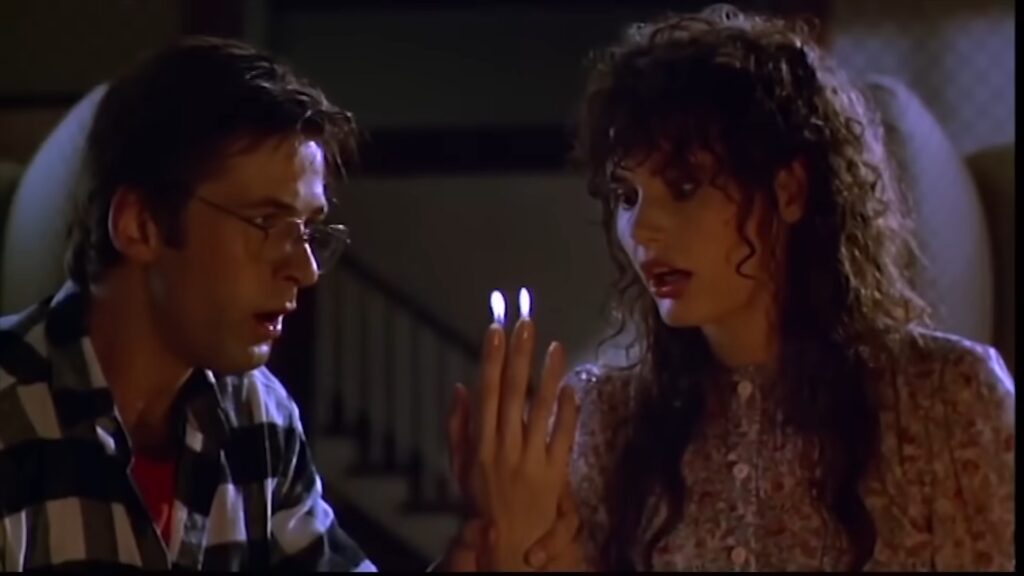
Beetlejuice is brought in as a last resort to rid the Deetz from the Maitland’s home. But they all quickly realize that the price required is far greater than they are willing to pay. Beetlejuice is a fun and crude character, beaming with personality and causing family-friendly mischief throughout. The original script portrayed him as pure evil but the portrayal here realizes the themes just as well. He’s a menace, a plague, and only exists to make the situation worse.
Ridding our characters of Beetlejuice, or the notion that fewer people in the house would be better, is the true conflict everyone in the story is fighting. At its core, Beetlejuice is a film about family and death. The theme of suicide is its most brilliantly realized theme, and it’s done so with care and heart. The over-the-top performances, goofy possession scenes, and beautiful stop-motion effects only add to the film’s charm. Without the theme of family and embracing life, Beetlejuice would just have been a weird relic. But Burton’s direction elevates this film to the true classic it is. Beetlejuice has become beloved not because of its effects, but because of its heart.



